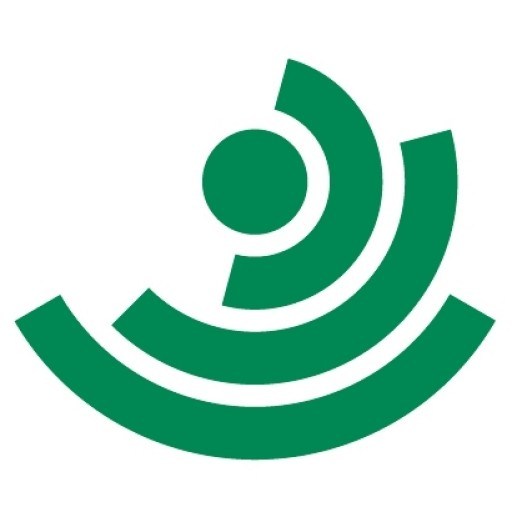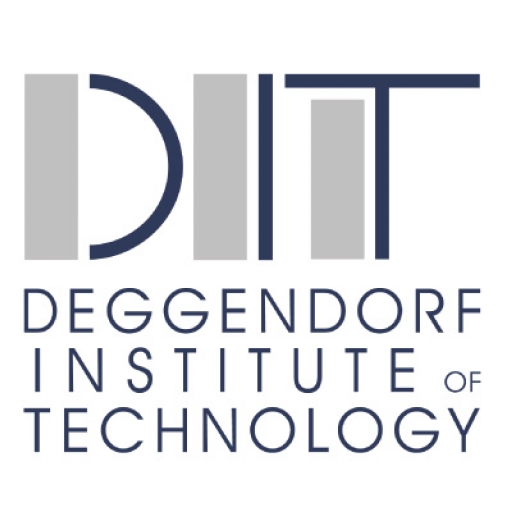Photos of university / #universitaet.tuebingen
The Master of Science in Molecular Medicine at the University of Tübingen is a comprehensive interdisciplinary program designed to provide students with a deep understanding of the molecular mechanisms underlying human health and disease. This program combines fundamental biomedical sciences with advanced molecular techniques, equipping graduates with the skills necessary to contribute to cutting-edge research and translational medicine. Students will explore areas such as cell biology, genetics, biochemistry, immunology, and pathology, gaining practical experience through laboratory work, seminars, and research projects. The curriculum emphasizes a rigorous scientific approach, fostering critical thinking and problem-solving abilities essential for innovative developments in diagnosis, therapy, and personalized medicine. The program also encourages collaboration across disciplines, integrating insights from molecular biology, medicine, and pharmacology to address complex biomedical challenges. Students have opportunities to engage in ongoing research projects within affiliated research institutes and clinics, gaining invaluable insight into the translational process from bench to bedside. The degree prepares graduates for careers in academia, pharmaceutical and biotech industries, clinical research, or further doctoral studies. With a strong emphasis on both theoretical knowledge and practical application, the MSc in Molecular Medicine offers an ideal platform for students aspiring to contribute to advancements in medical sciences and improve patient outcomes through scientific innovation. The program is delivered in a dynamic educational environment that fosters scientific curiosity, innovation, and international collaboration, making it an excellent choice for students interested in pursuing a future in biomedical research and healthcare innovation.
Educational organisation
The Master's programme lasts one academic year (two semesters) and encompasses a total of 60 ECTS. The one-year curriculum is divided into two main parts, the first concentrating on deepening knowledge and advanced laboratory research training, the second on an individual research project (= Master's thesis). In the first semester, students can choose from a catalogue of modules in two selected areas of specialisation, allowing them to tailor the programme to their individual interests. A total of five modules (33 ECTS) must be taken. The Master's thesis research project (27 ECTS) in the second semester forms a major component of the course and entails six months of full-time practical work in the laboratory on an autonomous research project. This element gives students experience in solving a scientific problem independently within the field of modern biomedical research as well as in writing a scientific publication.Our curriculum complies with the European Credit Transfer system (ECTS) to ensure compatibility with other international programmes. The Master's programme encompasses a total of 60 ECTS.
Compulsory Lectures of the one-year curriculum:
Advanced Immunology, Genetic and Molecular Basis of Neural Diseases I, Advanced Oncology, Advanced Infectiology (3 Credit Points each)
Compulsory Laboratory Rotations:
Laboratory Rotation Innate Immunity & Adaptive Immunity, Laboratory Rotation Neurosciences/Neurobiology, Laboratory Rotation Oncology, Laboratory Rotation Infectiology (12 Credit Points each)
Compulsory Seminars:
Seminar Meet the Expert: Cell Biology & Immunology, Seminar Meet the Expert: Current Topics in Neuroscience/Neurobiology, Seminar Meet the Expert: Current Topics in Oncology, Seminar Meet the Expert: Infectiology (3 Credit Points each)
Modules in the second semester:
Master's Thesis (27 Credit Points)
Internships
Two internship of six weeks each are to be completed during the first semester. Programme advisers will assist students in finding an appropriate internship.Forms of assessment
Written and oral exams in accordance with the guidelines, Master's thesisCourse objectives
The Molecular Medicine Master's Programme is designed to prepare students for careers in biomedical research and requires one year of full-time study, including coursework, examinations, and thesis research.The study of Molecular Medicine familiarises students with the latest research findings in molecular medicine (including immunology, infection biology, oncology, and neurosciences), and with a broad spectrum of other cutting-edge topics. At the same time, it offers comprehensive practical training in the methods and techniques employed in the field of molecular biology.
Language requirements
Applicants must provide proof of their English skills. Proof of English language skills can be demonstrated on the basis of1) Internet-based TOEFL (TOEFL iBT): a minimum total score of 90 and a minimum score of 22 for each of the four sections (Reading, Listening, Writing and Speaking)
2) IELTS: a minimum total score of 6.5 and a minimum score of 6 per section
3) Cambridge Certificate of Advanced English Test (Grade A or B)
4) Language certificate from the German Academic Exchange Service (DAAD) in accordance with the levels of language competence of the Common European Framework of Reference and the UNIcert System: minimum grade of (a) or (b) (approx. equivalent to C2/UNIcert level IV or C1/UNIcert III, respectively) in each section (Listening Comprehension, Spoken Language, Written Language and Reading Comprehension) and a minimum grade of (a) (approx. C2/UNIcert level IV) in at least two sections
Exceptions: some students applying for Master's courses may be exempt from submitting formal test evidence:
1) Applicants whose first language/mother tongue is English.
2) Applicants who have gained 30 ECTS in lectures/modules taught in English as part of a degree course in an EU/EEA country or in Switzerland. The language of instruction of each module must be clearly stated on official documents.
3) Applicants with a Bachelor's degree in a closely related subject area taught exclusively in English.
4) Applicants with a first degree taught exclusively in English.
5) Applicants who have gained 30 ECTS (or equivalent) in lectures/modules taught in English as part of a degree course in Great Britain, Ireland, Malta, USA, Australia, New Zealand, Jamaica, or English-speaking parts of Canada. The language of instruction must be clearly stated on official documents.
6) Applicants with a formal university entrance qualification gained through instruction in English.
Other documentation of language of instruction will not be accepted.
Academic requirements
To study successfully in our one year consecutive Master's programme, applicants need basic knowledge in immunology, infectious diseases, oncology, and neurosciences including acquired knowledge/practical skills about common laboratory methods.In addition to the completed application form, the minimum graduate admission requirements are:
(1) a Bachelor's degree/first degree in molecular medicine or a recognised equivalent from an accredited institution with 240 ECTS points and with a final grade of at least 3.0 in the German grading system; equivalence is tested by the selection committee
(2) at least four credits in each of the following subjects: Immunology, Infectious Diseases, Oncology and Neurosciences
(3) official proof of English language proficiency
(4) an "Allgemeine Hochschulzugangsberechtigung (HZB)", i.e., a general qualification for university entrance. Foreign certificates must be verified by the relevant public authority as comparable
(5) a curriculum vitae (CV)
(6) a letter of motivation (a maximum of 2 A4 pages)
Enrolment fees
Approx. 145 EUR: all students must pay registration fee of 142.10 EUR per semester when they enrol. It is made up of 76.10 EUR for social services provided by the student union, a 60 EUR administration charge, and a 6 EUR contribution to the student body.It also entitles students from the University of Tübingen to a discount on the Semesterticket, valid for travel on the local buses and trains.
Costs of living
Approx. 600 EUR per month to cover personal expensesJob opportunities
Jobs and internships:The university's Career Service has a job exchange: http://www.uni-tuebingen.de/en/studium/information-and-advice/career-service/unternehmenskontakte/job-und-praktikumsboerse.html (Job- und Praktikumsbörse) and provides advice on how to apply for jobs and to launch your professional career. Vacant positions at the university are listed under http://www.uni-tuebingen.de/en/news/job-advertisements.html (job advertisement).
Arrival support
Advisory courses for international students at the University Tübingen are offered. For more information, please see:http://www.uni-tuebingen.de/en/international/international-students-in-tuebingen/advice-for-international-students/advisory-course.html
Services and support for international students
The Academic Advisory Office for International Students at the university is directly responsible for the admission of foreign students. Furthermore, they provide information and advice on all questions which may arise in relation to the admissions procedure, studying in Tübingen, and many other issues of interest to international students.See: https://www.uni-tuebingen.de/en/facilities/verwaltung-dezernate/division-iii-international-affairs/advising-and-admission-of-international-students.html
Accommodation
Accommodation is available through the Student Services Office or on the private market. Rent for a single room in a student residence is approx. 220 EUR. Private accommodation can be found on the Internet at http://en.my-stuwe.de/housing/.Announcements and advertisements in the private accommodation sector can be found in the local newspaper, Schwäbisches Tagblatt, on Wednesdays (Mittwochmarkt). You might also want to consider offers for accommodation in cities and villages around Tübingen, which are usually less expensive and well connected to the university via public transport.
Since the Tübingen housing market situation is rather tense at the beginning of every semester, we strongly recommend that you start looking for a place as soon as possible.








